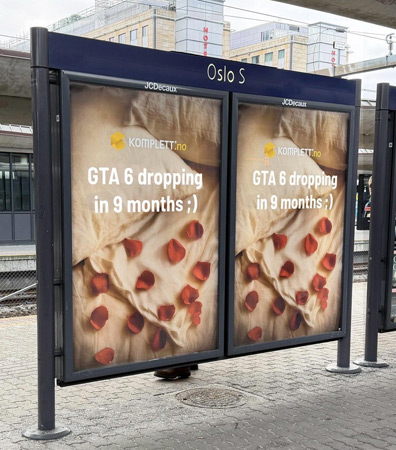
Dusty mook-tormenting simulator Metal Gear Solid V: The Phantom Pain has lastly had its much-awaited Peace Day, as gamers achieved full nuclear disarmament final night time.
For the primary time since its 2015 launch, not a single participant had possession of a nuclear weapon. Enough folks selected to destroy them that there have been merely none left. The result’s the unlocking of a brand new celebratory cutscene, which you’ll be able to see under because of a YouTube person often known as Steff.
It’s not all that substantial, content-wise. But I like that it makes use of some stark actual world details and quotes to contextualise itself. What it represents is superb, and defines the core message of the entire collection greater than something it’s ever performed.
That so many gamers constructed a heap of nukes was predictable. That sufficient would ultimately decide to destroying them was much less so. The studio certainly knew that there was an opportunity this may by no means occur. I guess there have been arguments about how lengthy it will take, if it ever occurred. I respect their dedication to doing this anyway.
This was, by the way, on the PS3 model. As far as I can inform, it has but to occur on the opposite platforms. The cutscene was awoken on PC in February 2018, however the official MGS5 account twote that this was in error. And PS3 gamers have since reported that the nukes are already again. It solely takes one. Humans, huh?
Part of me sort of needs that they’d someway set it up so that when disarmament was achieved, anybody who builds a nuke will get robotically banned and their copy of the game remotely detonated. Or maybe a crew of masked males involves their home and rambles at them in regards to the CIA for seven hours.
Bluntly, I’ve by no means preferred semi-multiplayer components intruding into single participant games, and I’m not satisfied by the arguments for it as a conceptual artwork piece. It’s an idea that works a lot better thematically in Death Stranding. In that game, gamers can construct helpful infrastructure out within the wilderness, which might seem in one other participant’s game, saving them a laborious climb or dangerous river crossing. It’s about that feeling of getting helped folks out, and introduced society again collectively. That ties in so much higher with Death Stranding’s themes and plot than Metal Gear Solid’s wildly incoherent anti-military militarism.
Still although. Eight rambling, repetitive minutes or not, it’s a pleasant contact, and the sort of consideration to element and obscure potentialities no matter how few gamers may see them that earned it our recognition as one of many best PC games of the 2010s.



